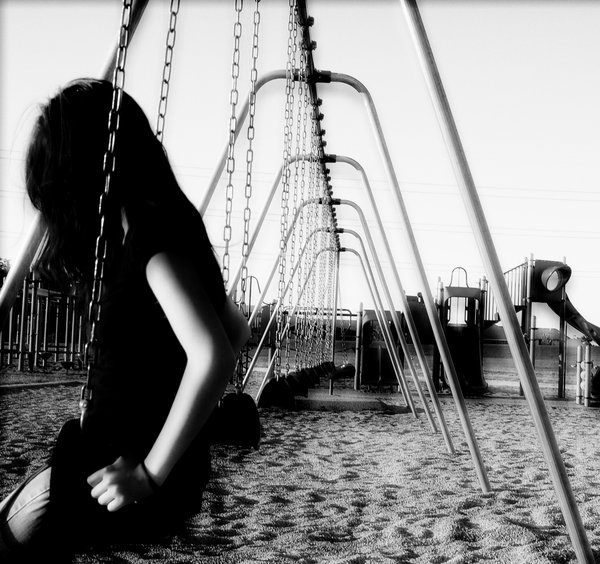
I have Cirrhosis – now, where did all my friends go?
 In this series of articles we have explored some of the aspects of the disease. But the effects of the disease go far beyond where you might expect them to go. Apart from cirrhosis forcing you into a mental battle of enormous proportions, the spread it its impact has huge and detrimental collateral damage on other aspects of your life.
In this series of articles we have explored some of the aspects of the disease. But the effects of the disease go far beyond where you might expect them to go. Apart from cirrhosis forcing you into a mental battle of enormous proportions, the spread it its impact has huge and detrimental collateral damage on other aspects of your life.
Friends, Family and Finances – none of them escape the tsunami nor the destruction it leaves behind. They will all present you with additional worry, stress and anguish. Cirrhosis, the disease that keeps on giving!
To be diagnosed with cirrhosis is a major catastrophic event. To be diagnosed with any major disease is a major catastrophic event. All of a sudden life goes from being forward, future-looking and on-going to being finite, fearsome and living on borrowed time.
So, first comes the shock, then the creeping realization of the awful reality and then the questioning, the panic, the searching for answers and the need to talk about it.
On the face of it, not a problem. Everyone gets ill sometimes. There is always a chance for some sort of recovery and other people are used to hearing about illness, disease and death; it happens all the time, doesn’t it?
One terrible thing about liver disease is that it is an unspoken disease – I mean ‘No one gets cirrhosis do they?’ People get cancer of all sorts, people get heart disease, people get Aids, but no one, just no one gets Cirrhosis.
To get cirrhosis and own up to it is rather like admitting to your friends that you like to drown puppies. It is completely socially unacceptable. To get cirrhosis you must have been a bad, bad person. You must have been doing dirty, nasty things. You must be unclean, depraved in some way and not a person with whom to associate……….
Friends like rain drops in a river flow away, not even a faint ‘cheerio’ echos back.
Such is the sad reality. If the disease weren’t bad enough, many other changes take place as an unwanted consequence of being diagnosed with cirrhosis. Firstly you are going to get ill and to be honest, there is nothing worse than talking to an ill person. Secondly, you are going to frighten people! They are going to become scared of you and your disease in case it rubs off!! Thirdly, your life is going to have to change dramatically.
The folks you used to hang with at the local bar will not want to know you, especially if you have alcoholic cirrhosis. Your mere presence reminds them of their own guilt and frailty. As an ex-drinker with a possibly terminal disease, life and soul of the party you are not!
But besides your friends or ex-friends, how do you talk to anyone about your feelings? Can you talk to your family? In many cases, no. Family, try as they may have little comprehension about what is going on with you. Families are also notorious for playing the blame game, after all getting cirrhosis was your own fault! Wasn’t it?
Many people with this disease cannot bring themselves to mention it at all. I can understand that. I know in my own hear and mind that I am embarrassed about it. I wonder what people think of it and of me. I’m sure many have written me off as a ‘drunk’ an alcoholic, a bum.
But here’s the problem. Unless we as sufferers of this awful disease speak up about it and let people know the truth about the disease, the ignorance and the misunderstandings will continue. Remember when AIDS for hit the headlines? It would take a brave person to admit to being HIV positive and although I am not suggesting the backlash against cirrhosis is anywhere near that of AIDS, the level of ignorance about the disease is equally high.
So, I decided a long time ago to be open about my disease. To talk about it to people and to inform and educate whenever possible. It is interesting when talking to people about it how many skeletons emerge from others family closets – how their Aunt has cirrhosis, or how their Dad died from drinking etc.
From being a taboo subject, it can be one of fruitful discussion and even one that leads to passing on of knowledge and experience.
Being open about having cirrhosis is hard to do. But it will only be through publicity about the disease that awareness and recognition comes about and a fearful and blinkered public will begin to understand what life with this disease is really like.
With the current state of obesity, which is rampant in the United States and the UK, fatty liver disease is fast becoming a major cause of cirrhosis. In an over fed, under exercised world perhaps it will be this latest reason for cirrhosis which will finally bring about the public awareness and education that is so sadly lacking at this time.